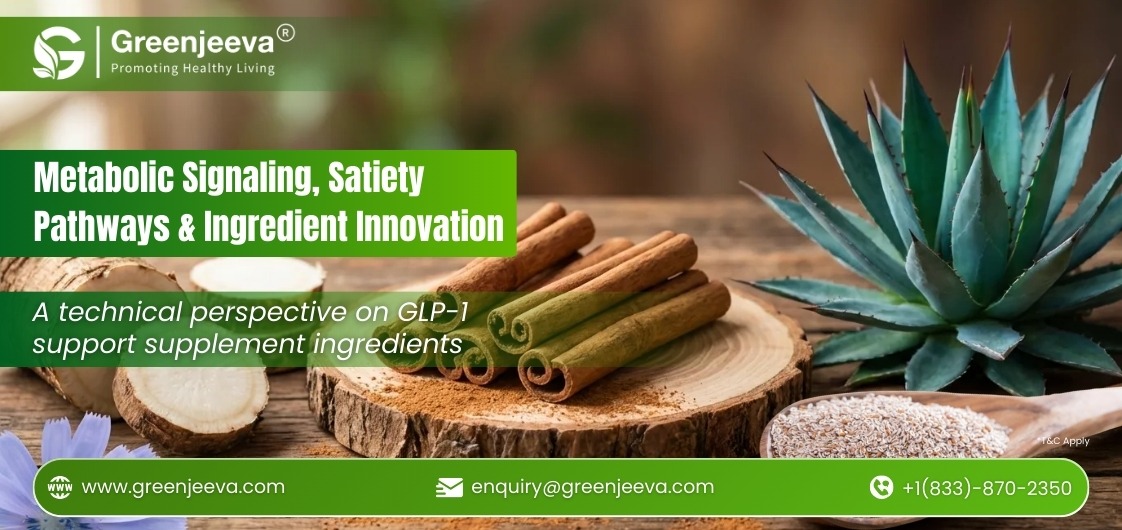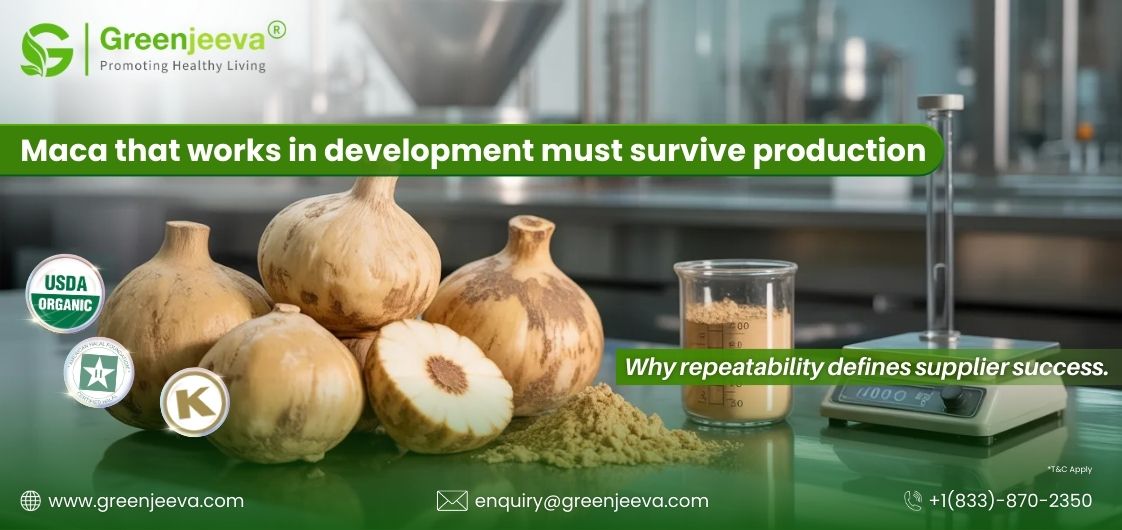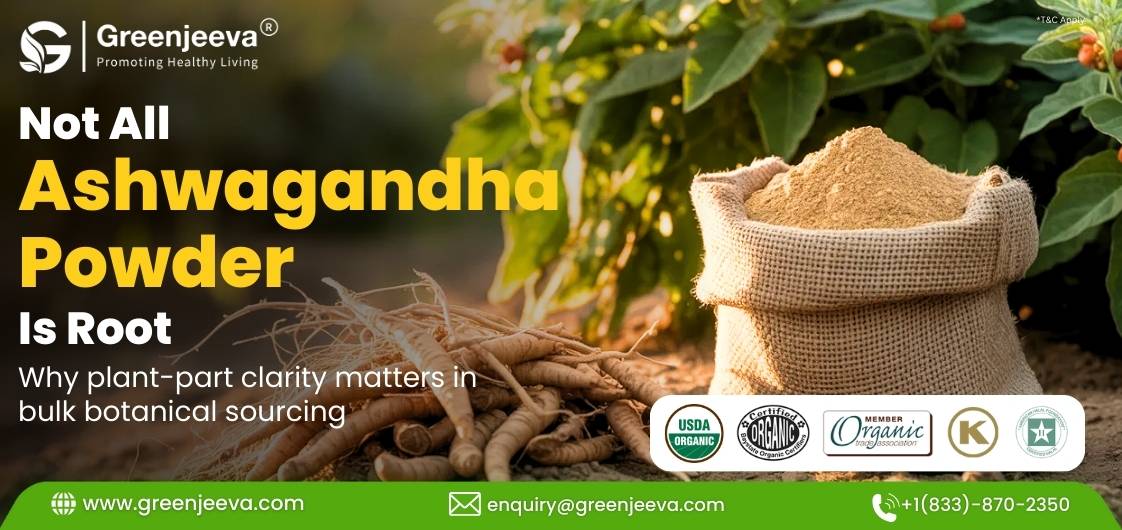Everything You Need to Know About Parsley

About Parsley
Native to the central and eastern regions of Mediterranean, Parsley is a popular flowering plant, belonging to the family of Apiaceae. There are two common types of parsley – Italian flat leaf parsley and French curly leaf parsley. It is used in cooking in many countries, including America, Europe, the Middle East. This herb is used in a number of recipes, including salads, soups, and sauces. In addition to being an excellent garnish to a variety of dishes, parsley leaves are also a powerhouse of essential nutrients, including calcium, magnesium, folate, potassium, and vitamin A, K, and C.
How Does Parsley Look Like?
The bright green color parsley leaves resemble a feather. In general, the plant grows up to a length of about 10 to 25 cm. Standing on just a single taproot, the plant features numerous leaflets. The stem of the plant produces flowers that are yellowish green to pale yellow in color. The stem is also covered with sparse leaves and umbels.
How Do Parsley Leaves Taste?
Fresh as well as dry parsley have the same taste. In general, parsley has a bright, slightly bitter, herbaceous taste. Working just like lemon zest, it helps in emphasizing other flavors in the dishes it is added to. The versatile vegetal taste of parsley makes it an ideal ingredient in various cuisines. Parsley leaves also works as the perfect substitute to a number of ingredients, such as basil, celery leaves, endive, chives, oregano, carrot greens, and tarragon.
History of Parsley
Parsley has an interesting cultivation history that dates back to more than 2,000 years. According to popular Greek beliefs, parsley evolved from the bloodshed of Archemorus. The early Greeks considered parsley to be a sacred plant and didn’t use it for culinary purposes. Thy rather used this herb for religious purposes. Parsley was also in use for medicinal purposes to treat various aches and illness.
Nutrition Values of Parsley
According to various studies conducted in the past, one cup of parsley contains the following nutrients:
- Calories: 22
- Carbohydrates: 3.8g
- Sugar: 0.51g
- Fat: 0.47g
- Fiber: 2g
- Protein: 1.78g
Interesting Facts About Parsley
- The very word ‘parsley’ translates to ‘rock celery’ in Greek. It is named so as it generally grows on walls and rocks.
- Parsley belongs to the same family as cumin, carrots, and celery.
- Parsley is native to the Mediterranean region with the first cultivation of it dating back to 2,000 years.
- Parsley grows incredibly well in temperate climates.
- Chewing parsley can help eliminate bad breath.
- The Romans used parsley for ornamental purposes, while the Greeks used it for funeral wreaths.
- There are two types of parsley – curly leaf and flat leaf. While flat leaf parsley is used for culinary purposes, curly leaf parsley is used in garnishing.
- California alone produces over 40% of the total parsley produced in the United States.
- The top producers of parsley in the United States include California, Florida, Hawaii, Texas, and New Jersey.
Where to Buy Organic Parsley Powder From?
If you are looking forward to purchase organic parsley powder in bulk quantities, you can place your order now on Green Jeeva and Jeeva Organic at affordable prices.
Disclaimer:
The above statements are not intended to cure any disease or comply with any health benefits. This is solely for information purposes. Please consult your doctor/health practitioner before consumption of the product. Although we take efforts to keep our website informative, we do not guarantee any medical benefits.


.jpg)



